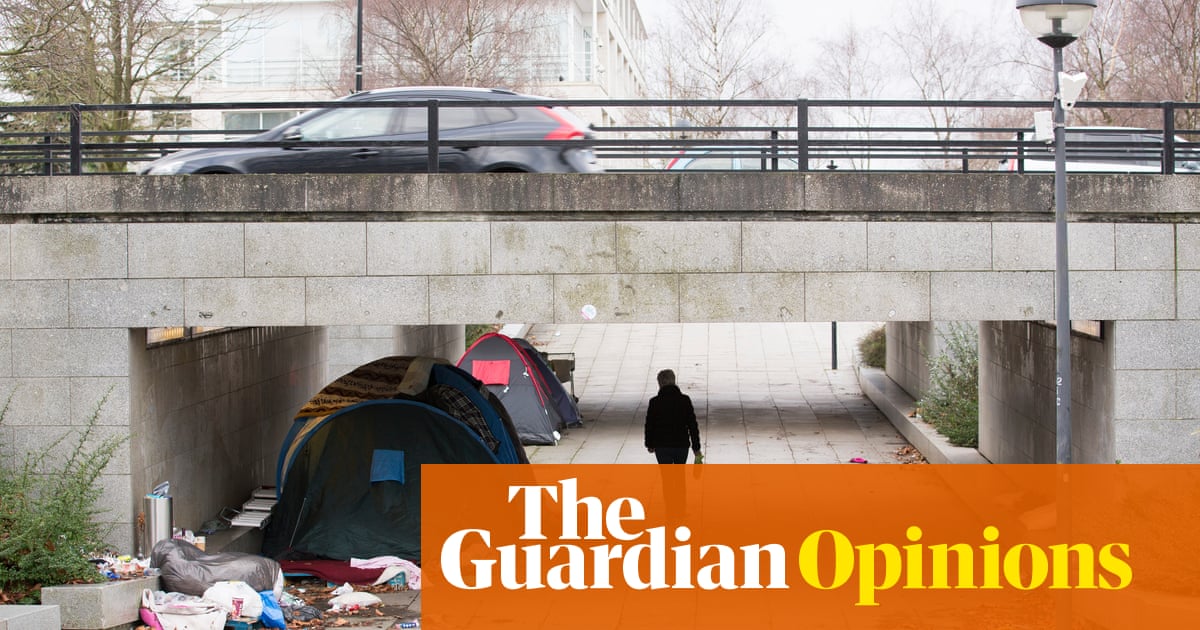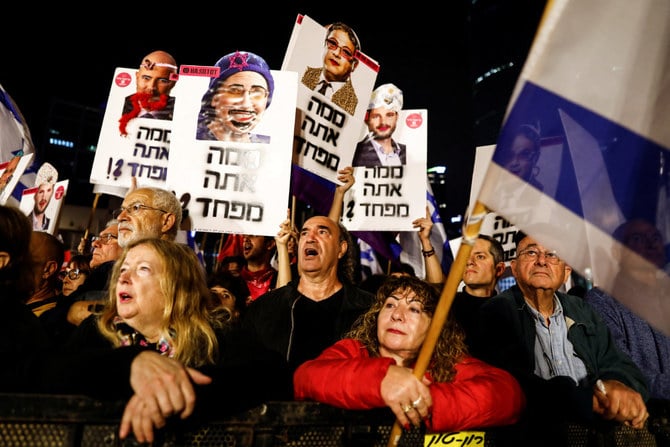
Who benefits from a chemical attack such as the one reported to have taken place in Douma last weekend? Is it Russia or Syria? Hardly. It was already clear that any such attack would provoke a tough response from the US and its allies — direct military involvement in Syria with the aim of punishing Bashar Assad, his forces and allies, and ultimately toppling the regime.
The alleged attack raises many questions, the most important being the timing; there was no reason for the Assad regime to carry it out. The Syrian and Russian armies had recaptured most of Eastern Ghouta. Russia was in talks with the militant group Jaish Al-Islam over a deal to allow their fighters to leave Ghouta for Idlib. Civilians trapped in Ghouta had been released.
Videos reporting the supposed attack do not stand up to scrutiny. One shows a reporter filming as he goes down into the shelter where it took place, but without taking any precautions or wearing any protection. Later, another White Helmet appears with a mask, and says the place is full of gas. Is this logical? Then the White Helmet puts on a mask, but with his bare hands, in ordinary clothes and with his neck uncovered. If there was a chemical attack, how is this possible?
The White Helmets also reported that most of the victims of the attack were in an underground shelter. But Assad was accused of dropping barrel bombs filled with toxic gas. If this were true, most of the victims would have been at ground level. In addition, Russian military personnel in Douma were not affected by any kind of chemical poisoning, and an investigation by the Russians found no traces of chemical weapons.
An investigation should be carried out first by the Organisation for the Prohibition of Chemical Weapons and other independent international bodies. The stakes are enormous because for Assad to carry out such such an attack would be to commit suicide. He is surely not naive enough to fall into this trap.
There are genuine concerns about what happens next. Any military retaliation without a detailed investigation, on the sole basis of reports from the White Helmets, would be an attempt to change the course of recent developments in Syria, and deprive Russia and Turkey of their achievements on the ground.
The ramifications are enormous, and the price of military intervention may be too much to bear. The examples are clear: The military intervention in Iraq cost hundreds of thousands of Iraqi lives, and led to the emergence of Daesh. The operations to liberate Mosul and Raqqa also cost thousands of civilian lives. We can hardly calculate how many lives would be sacrificed if the West’s aggressive declarations were followed through, or how long that road to hell would be.
A full-scale attack, as was the case with Libya, would lead to terrorist and extremist gangs spreading all over Syria and the region, leading to chaos and anarchy. Furthermore, we would stand on the brink of a direct confrontation between two nuclear powers, Russia and the US. Nobody would be able to count the innocent victims of such a confrontation.
Maria Dubovikova is a prominent political commentator, researcher and expert on Middle East affairs. She is president of the Moscow-based International Middle Eastern Studies Club (IMESClub). Twitter: @politblogme.












